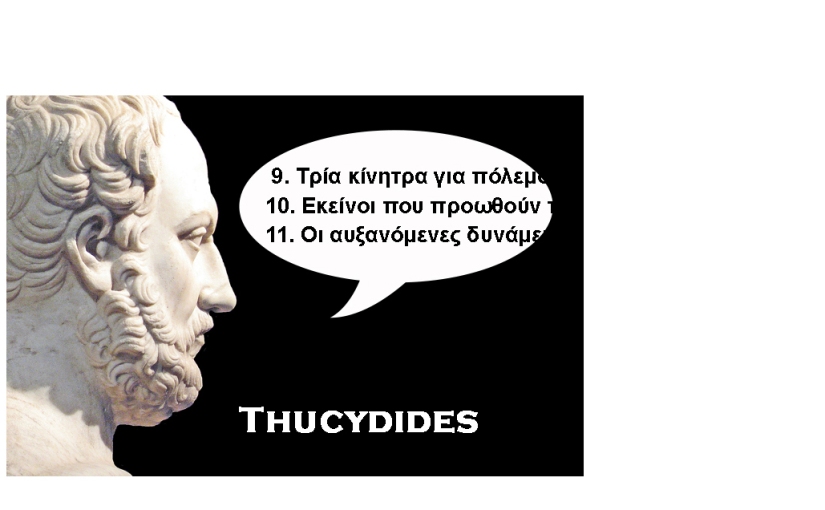Choose 10 important and enduring principles of historical knowledge that we can begin teaching to students in school.
To make your selections, visit this page in the blog’s Classroom Instruction section: “Help us identify 10 key principles of historical knowledge.”
Thanks for your valuable contribution to advancing the goal of Future-Focused History education. -Mike Maxwell


I think #7 (“Humans exhibit an instinct to exercise control over others.”) could use some refining. It’s true . . . I guess, but don’t humans exhibit herd-like behavior, with many people instinctively following their leaders? So, when we say, “Humans exhibit an instinct . . . ” are we not really saying that societies (as opposed to individual humans) vie for dominance over each other?
Also, I find some of the principles a bit depressing. Of course, just because they’re depressing doesn’t make them any less true. However, just like Social Darwinism claimed that cut-throat competition was “natural” and therefore “good” or inevitable, I can see someone thinking that # 12 justifies the conquest of weaker nations. (12. “Powerful nations tend to prey on weaker nations.”)
Lastly, “thoughtful” religion could be hard to define. (#35 Thoughtful religion can help to bring a society together; thoughtless and bigoted religion can inflame division in society). Since most religions consider themselves “thoughtful” (while at the same time emphasizing faith), it seems this principle could be used to justify any state-sanctioned religion.
Anyway, these are just some thoughts off the top of my head. Perhaps others have some thoughts too?
Tefel- Thanks for your participation in this process and your additional thoughtful reflections. Regarding Item 7, it would no doubt be more precise to say, “Some humans and some cultures exhibit a propensity to exercise control over others.” Human behavior is variable; Item 8 says basically the opposite: “Humans exhibit an instinct to resist external control.”
Remember, we are talking about historical tendencies here–not hard and fast rules. And opposite tendencies in human behavior can both exist at the same time. I think it all begins with the basic duality of human nature: partially good and partially evil. If we remain aware of the duality–our potential for evil–perhaps we might more consciously promote the good.
At least, that’s how I look at it. And that’s why I don’t find it depressing to recognize the more negative tendencies in history involving matters like selfishness, prejudice, and war. I hope it might help us choose the better angels of our nature.